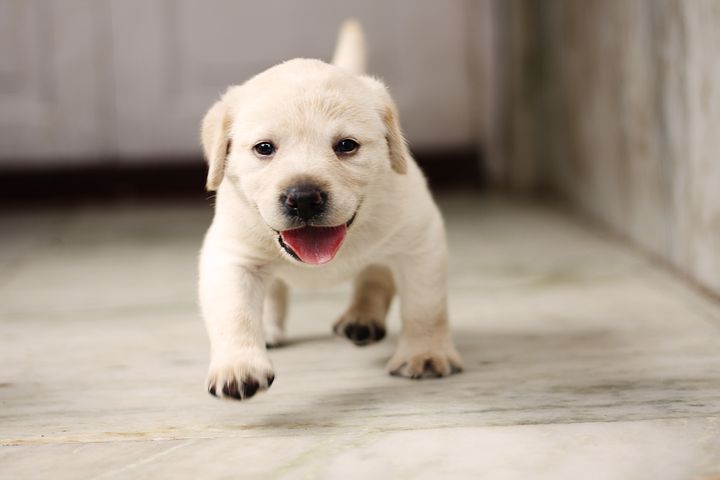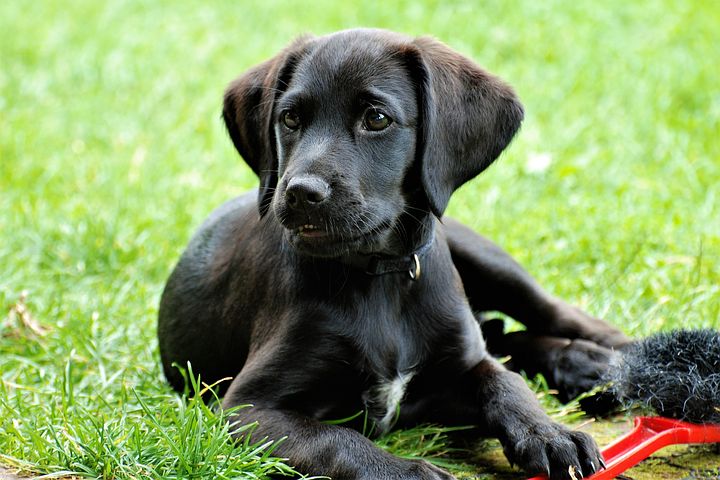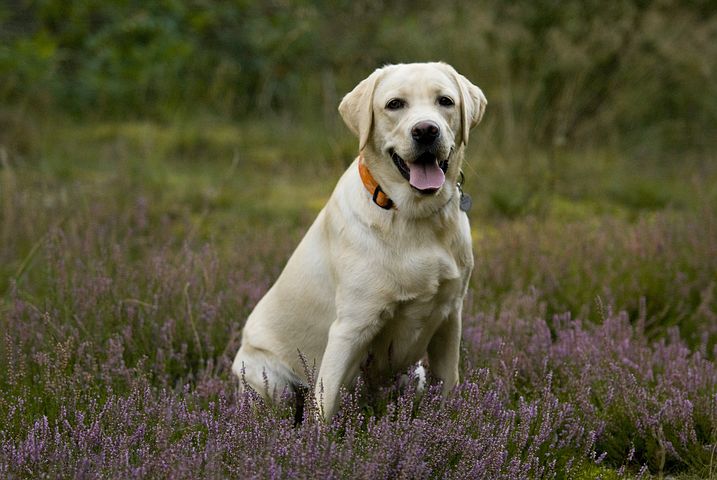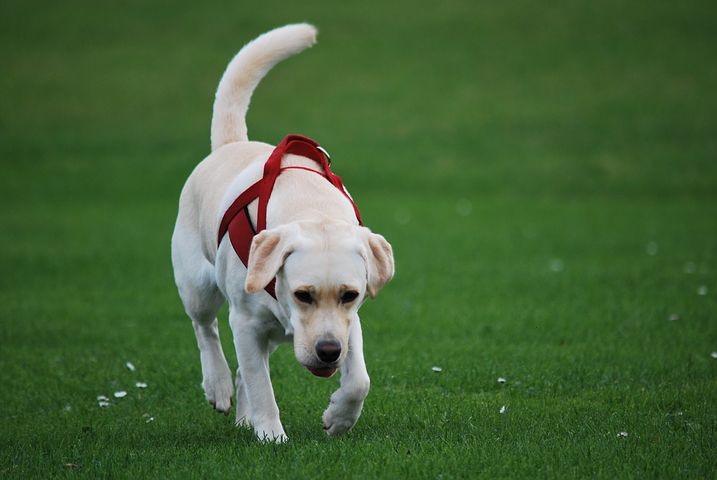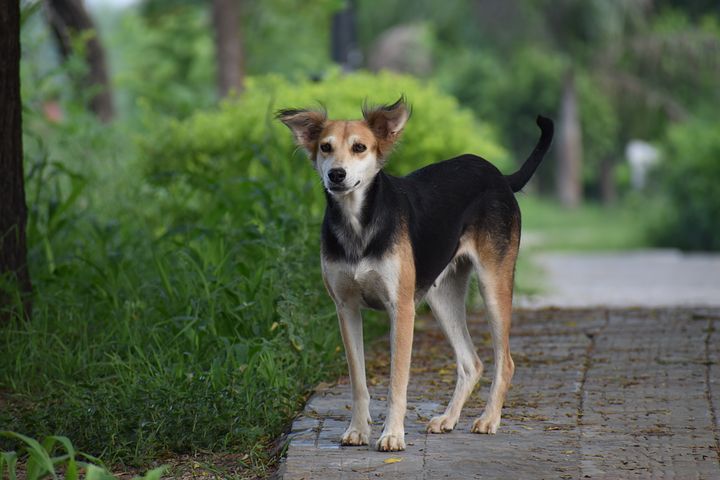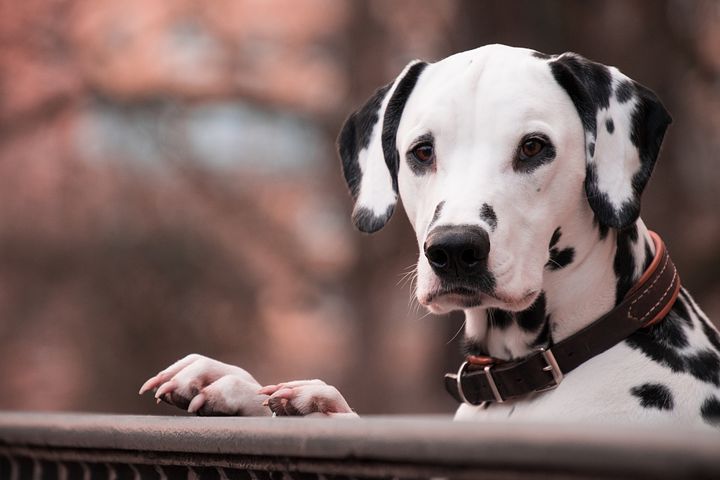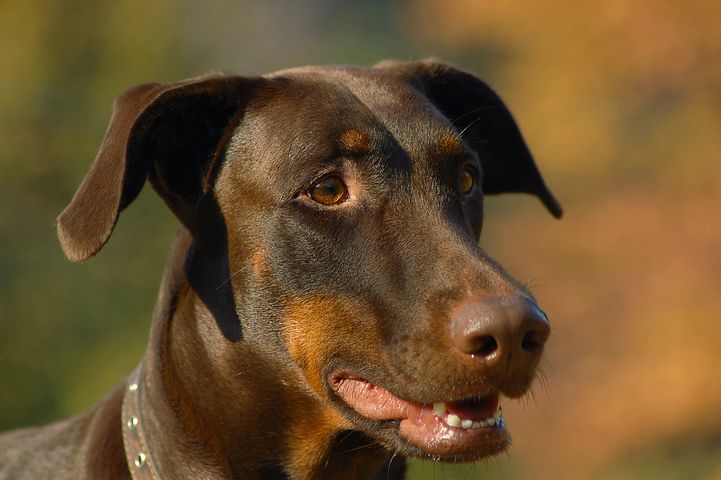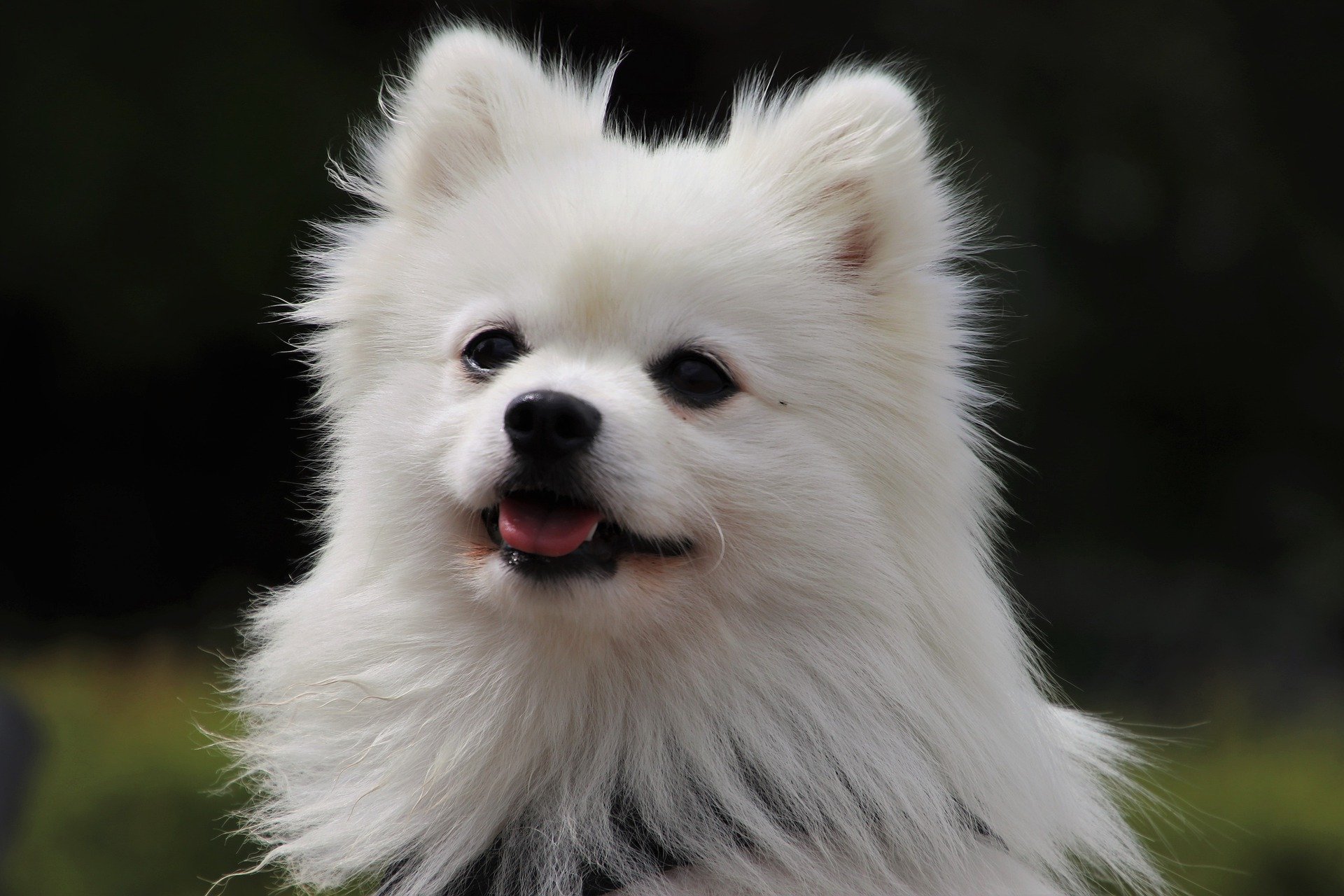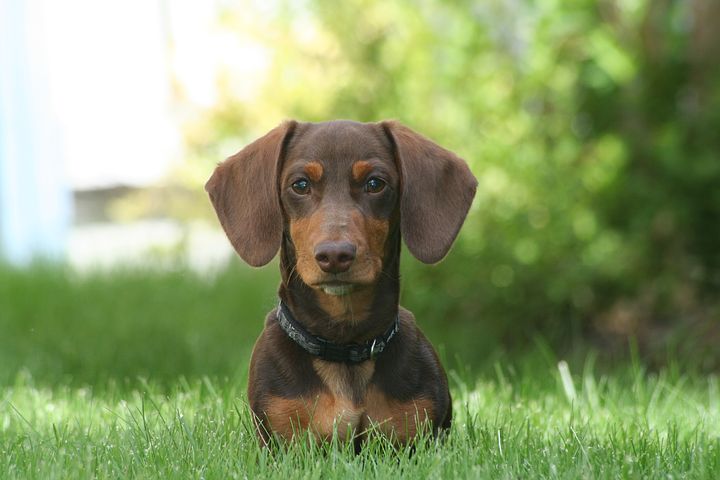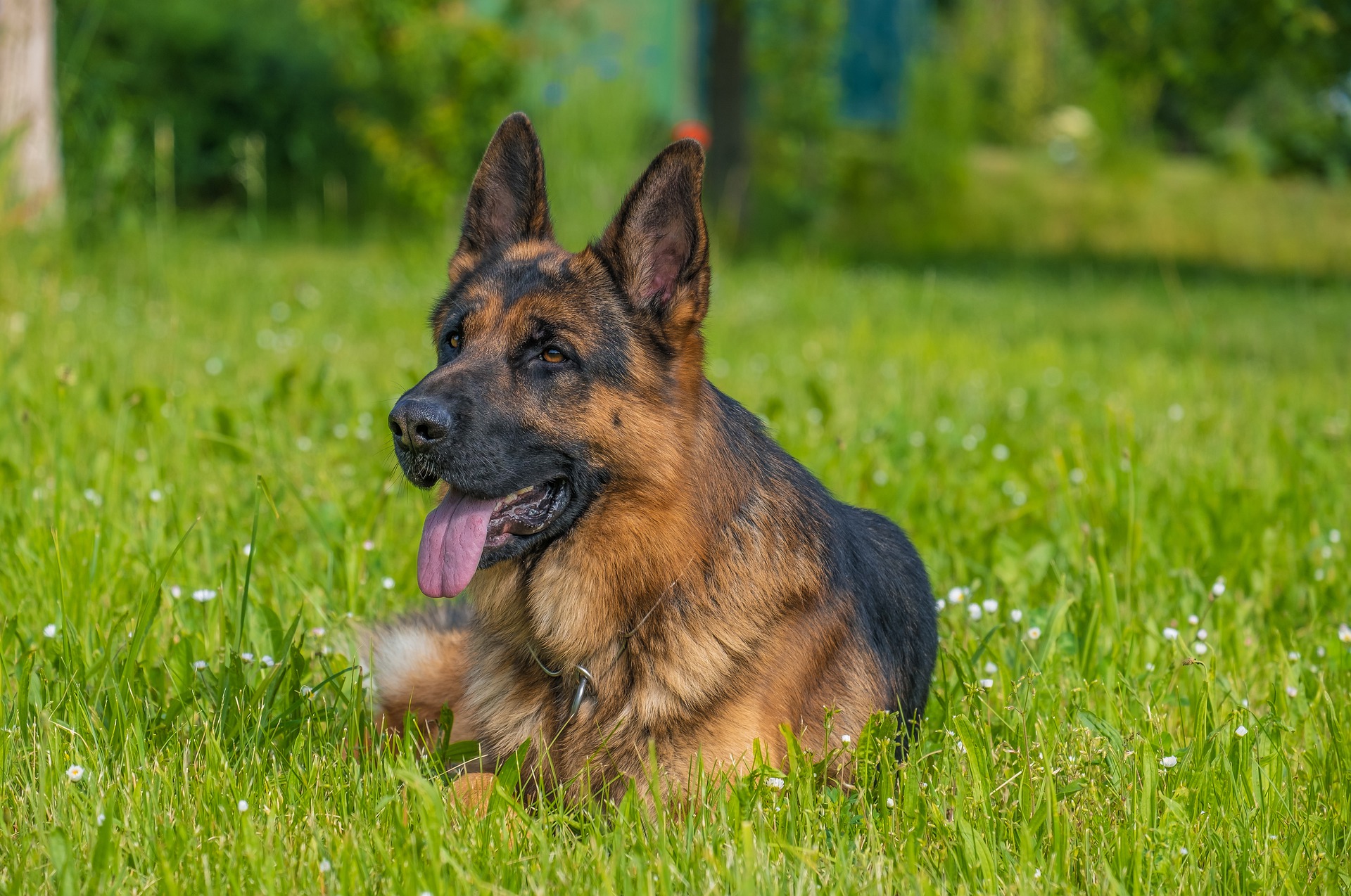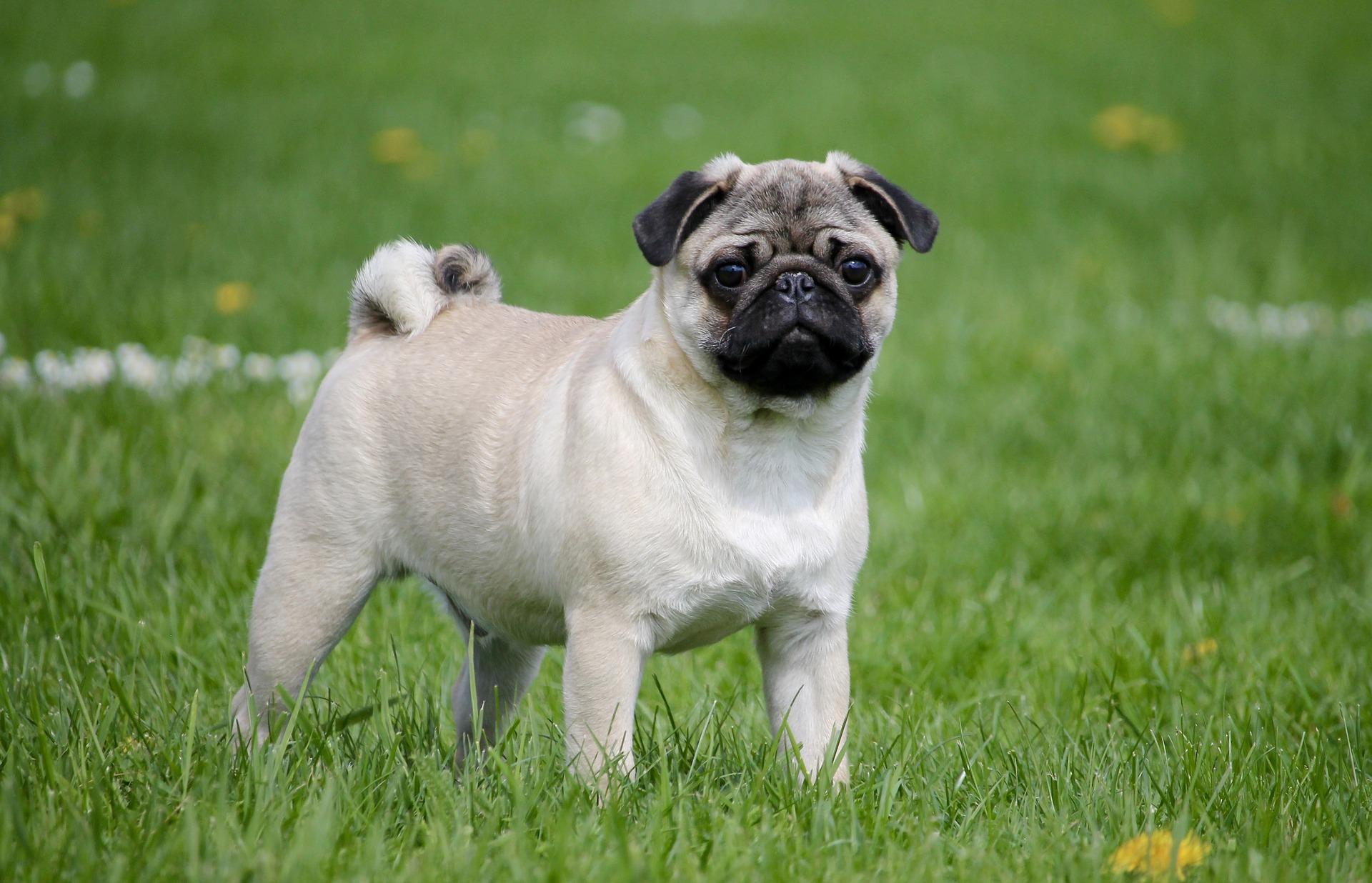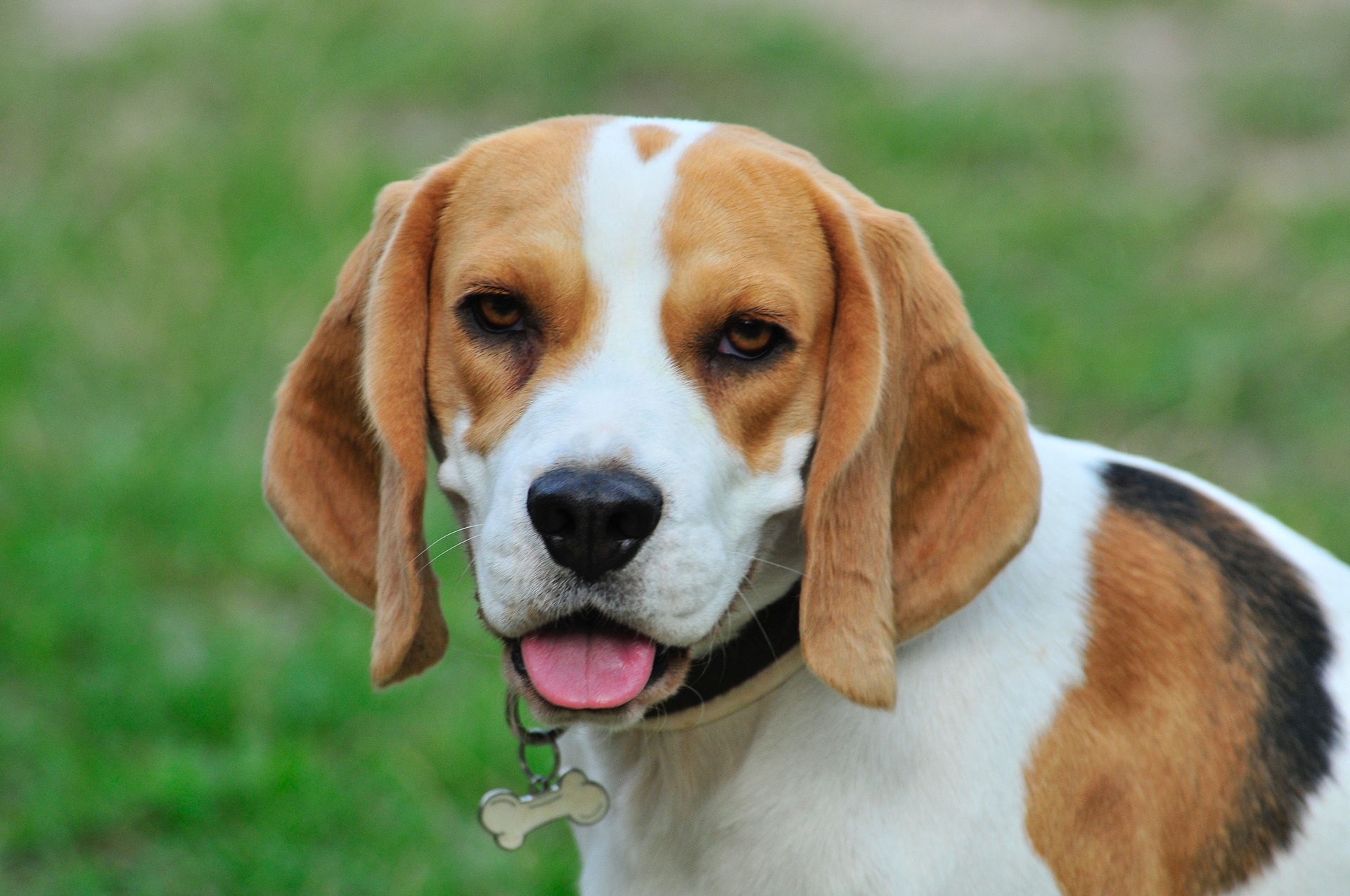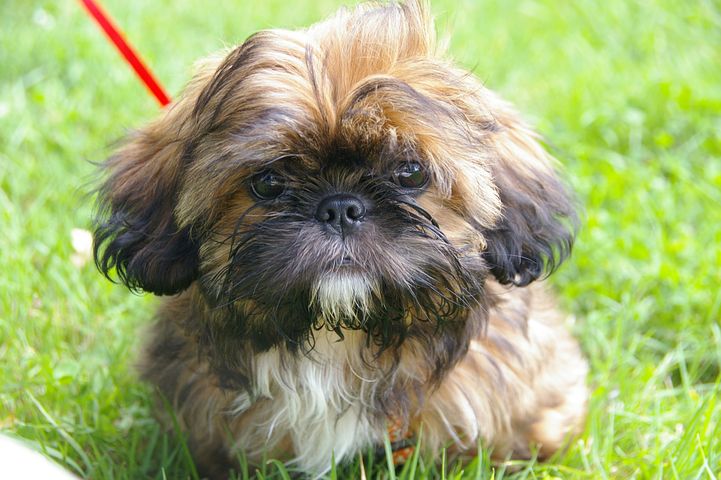| Labrador Puppies are one of the friendliest and most fun-loving dog breeds, with a sweet and lively disposition and an easy-to-train temperament.Originally, the Labrador was used for fishing. Labrador retrievers are great family pets if you remember to give them enough exercise and training. These are dogs that have been bred to work hard and enjoy having chores to do, especially retrieving. As long as their natural energy has been toned down via training, labs are usually good with other dogs, other pets, and children. They are powerful dogs that require early obedience training or they will drag their owners down the street at will. Good with Children Families & Cats Height Dogs 56–57 cm (22–22.5 in) | |||
|---|---|---|---|
To relieve pent-up energy, a Lab that does not get enough exercise is prone to indulge in hyperactive and/or destructive behaviour.
Retrieving and swimming are two of the breed's favourite activities. Labs also like burning energy by participating in canine activities such as agility, obedience, tracking, and dock diving, as well as hunting expeditions or field competitions. Many Labs also act as search-and-rescue dogs, narcotics and explosives detection dogs, and service and assistance dogs.
Labs are also simple to train. Labradors are easygoing, rewarding dogs with a lot of energy, so they like getting extra attention and exercise.
Due to their sensitive and affectionate disposition, they make ideal companions and service dogs. Labradors get along nicely with both single owners and family members, as well as youngsters and other pets. They are vivacious, typically placid, and thrive in the fast pace of modern life.
Weekly grooming with a comb or bristle brush, and bathing when needed, can help keep shedding under control.
It might be worth brushing your dog daily when they’re shedding to ensure you get rid of the loose hair. You may want to invest in a good quality vacuum.
Always examine their body and look for parasites or skin lumps.
